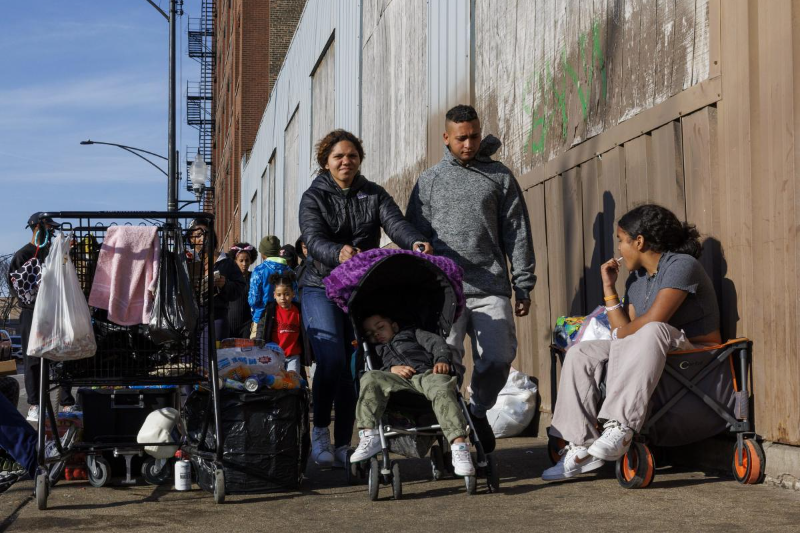
chicago to merge migrant and homeless shelter systems by 2025
The city of Chicago is on the brink of a radical change in the way it approached housing both immigrants and homeless people since Mayor Brandon Johnson declared his intentions to integrate those two systems by 2025. The new “unified sheltering system” is drastically different from the existing crisis response model that the city adopted after Texas started transporting busloads of migrants to Chicago last year. New arrivals are going to be not entitled to the organization of temporary accommodation, and only the persons who arrived in the country no more than 30 days ago will be allowed to receive help.
Expanding Capacity While Setting Limits
Illinois and the city of Chicago say they’re aiming to increase the number of shelter spaces for homeless people in Chicago by 3,800 additional beds plus a new 3,000 beds in homelessness services. This expansion comes as the city transitioned from the emergency response measures that were put in place when Chicago was receiving up to 15 buses of migrants daily from the southern border, with people having to ‘sleep’ in police stations and airports.
Keep Reading
The new policy is a total transformation from what the city of Chicago has run through the past year for sheltering, which provided for as many as 15,000 shelter beds at once. It has sheltered over 50,000 migrant families since August this year but the number of immigrants has reduced lately due to adjustments made on the federal asylums policies.
Financial Constraints Drive Policy Changes
Mayor Johnson realized that since financial issues are at the root of such changes, because the city does not have $1 billion in the 2025 budget. Asylum seekers cost more than $540 million on housing and accommodation alone, a figure that many cities cannot afford, especially in Chicago since 2022.
However, the question of how worst-case scenarios could lead to greater homelessness remains unanswered; Johnson urged federal government help at the same time as insisting that London was limited by its money.









